Toward better climate predictions using the ocean as the atmosphere’s memory.


Toward better climate predictions using the ocean as the atmosphere’s memory.

Researchers propose printing electrodes for lithium-ion batteries on an inkjet printer, which will reduce the electrodes’ thickness by 10-20 times.

An electrolyte based on a flame-retardant material has been adapted for use in potassium batteries.
A new material shows great potential with an impressive theoretical maximum conversion efficiency of 38% in a perovskite/Si tandem solar cell architecture.
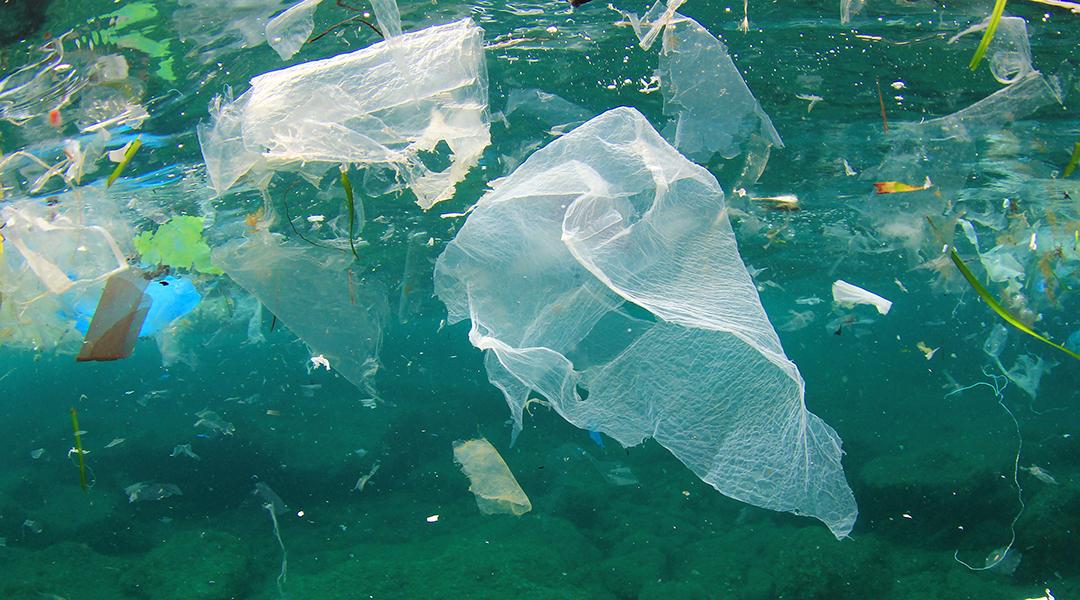
A new approach combines 3D coherent imaging with machine learning to detect microscale microplastics in filtered water samples.
Researchers develop a biomimetic flow channel module that facilitates continuous process water analysis in washing machines.

Researchers at the University of Illinois at Urbana-Champaign develop an energy-efficient device for purifying arsenic-contaminated water.

Global warming: a collision of science, economy, and politics. Could finance be the key?
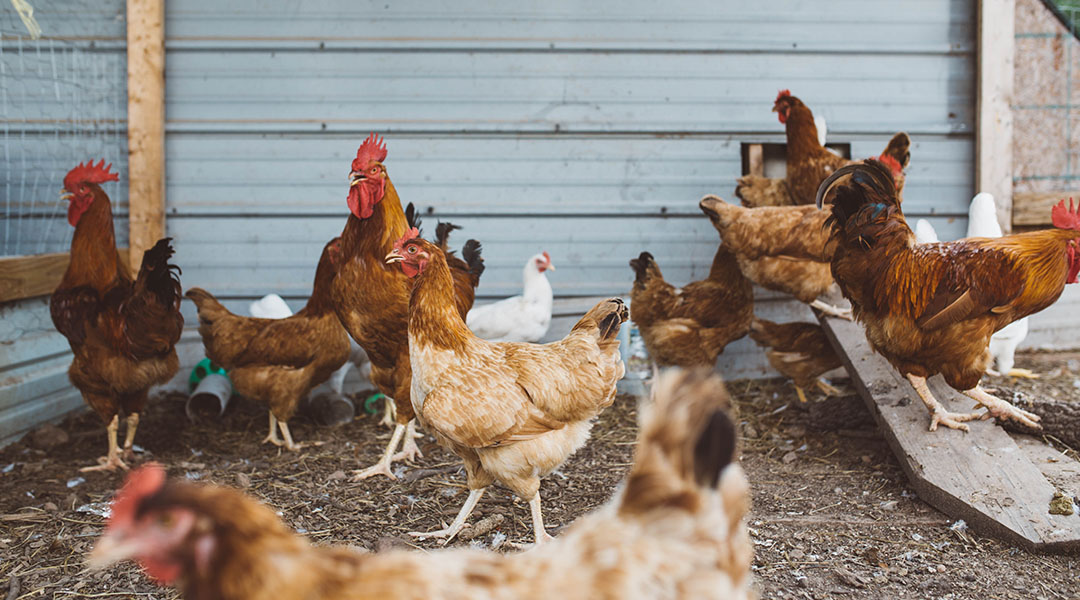
Researchers dope graphene with bird poop, and the internet loves it.
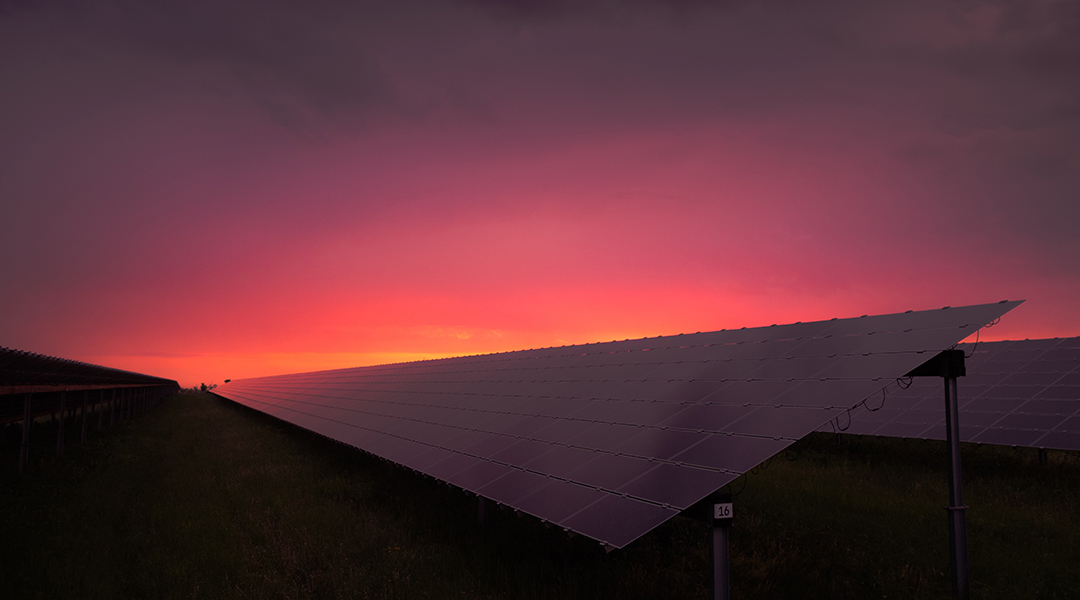
Nam-Gyu Park discusses international standards for the assessment of perovskite solar cell modules, enabling industrial and commercial viability.